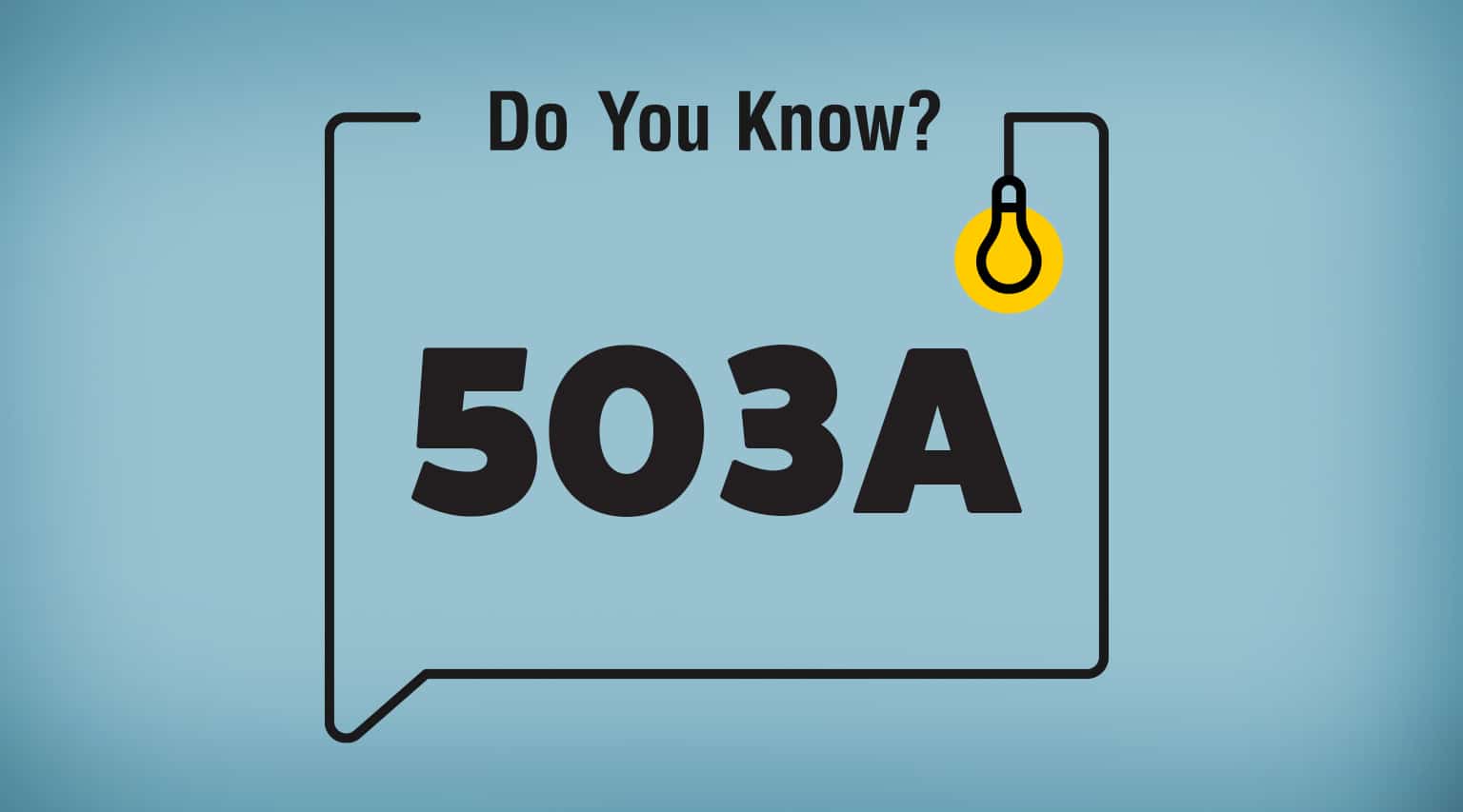We sent a Report on compounding back in July. At that time we were alerting those pharmacies that engage in compounding that numerous new standards were being rolled out. Today there is another issue to which compounders need to be very attuned. If your specialty pharmacy isn’t into compounding….. read on regardless and learn something about your industry.
The focus of today’s Report is on 503A compounding and the regulations that restrict that practice. In short, sections 503A (and 503B) of the FDA Act set conditions under which compounded drug products are exempt from certain federal requirements. One common exemption is when a drug in short supply. That has never been as tangible a problem as it has been of late with a big increase in the number of drugs not available either due to shortages, product discontinuation, or other supply chain issues. However, there is a BIG caveat….. compounding should not be conducted “regularly or in inordinate amounts.” That means that a compounder should not produce the ‘copy’ in large batches (i.e., manufacturing levels) and that each dose compounded should be a result of a valid prescription (i.e., not anticipated demand).
Manufacturers are alert to compounders that cross the line….. going from reactive compounding to proactive manufacturing. That’s when PHARMA lawyers get involved with lawsuits claiming everything from patent infringement, to trademark infringement, to unfair competition….. and so forth and so on. There are federal and even state laws and Boards of Pharmacy regulations that have cropped up around these issues….. the lawyers are the only ones who are happy.
If you are interested in digging into the nitty gritty of the maze that surrounds compounding and 503A spend a few minutes to read the article.
CLICK HERE to access the full article
——————————————————————————————–
Legal Battles Intensify: Pharmaceutical Manufacturers’ Lawsuits Targeting Compounding Pharmacies
Analyzing the patent and trademark challenges faced by 503A compounding pharmacies.
Pharmacy compounding is a fundamental component of pharmacy practice and is essential to the provision of health care. However, for years, pharmaceutical manufacturers have been filing lawsuits against compounding pharmacies, accusing the pharmacies of infringing on their patents.
This rise in legal actions is driven by the growing prevalence of compounding practices over the years, despite the heightened regulatory oversight imposed on 503A compounding at the federal level through the Drug Quality & Security Act (DQSA),1 and at the state level through state boards of pharmacy.
Lawsuits often have claims based on……. the Pharmacy Times article continues






